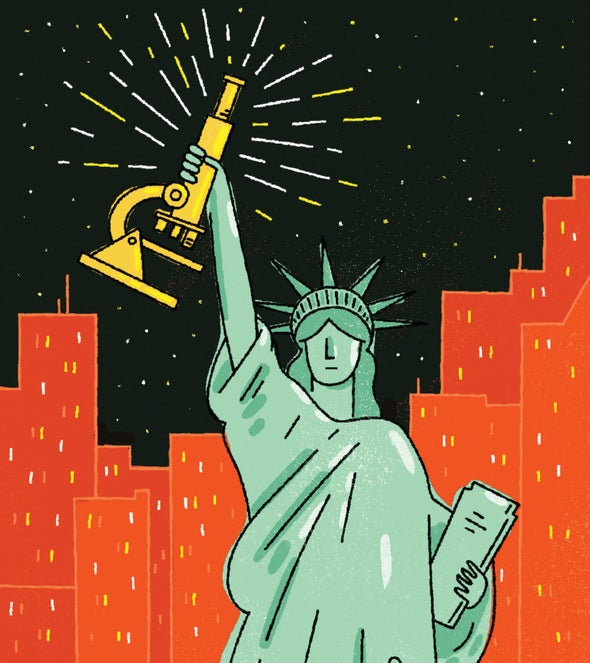One of the benefits of modern technology is the ability it gives us to catch up on films and television that we missed the first time around. Recently I watched the Up series, a remarkable documentary project by filmmaker Michael Apted that has tracked the lives of 14 British people since 1964, when they were children, revisiting them every seven years as their lives have unfolded. (The “children” turned 63 last year.)
The original premise was that the British class system would largely determine the course of these kids' lives, irrespective of how bright or charming or kind they were to begin with. Thus, the athletic and irrepressible Tony, from London's East End, seems destined for a working-class life, whereas the posh prep-school boys John, Andrew and Charles will presumably continue to enjoy lives of privilege. And in fact, Tony drives a London cab as an adult, and John, Andrew and Charles become a barrister, a solicitor and a television producer, respectively.
But Nick (William Nicholas Hitchon) defies those expectations. At age seven he was living on a family farm, walking four miles to a one-room schoolhouse where he wanted to learn about “the moon and all that.” By his late 20s he had earned a Ph.D. in physics and a faculty position at the University of Wisconsin–Madison, where he has since published more than 100 journal articles and three books, including a highly cited guide to plasma theory. All the participants express satisfaction with their lives as they reach middle age. But to me, the star of the show is Nick—the only one whose life refutes the class-deterministic hypothesis of the series.
Nick grew up in modest circumstances, but his aptitude was recognized and rewarded with a university scholarship. When he graduated from the University of Oxford, however, the only job he could find in the U.K. was “in a lab that seemed to be in the process of shutting down.” Class prejudice may have played a role, but the bigger problem was more likely the fact that at the time basic research was not as well supported in the U.K. as it was in the U.S.
The scientific enterprise that Nick joined in the 1980s rested on the premise that America needed science. This was the vision of Vannevar Bush, dean of engineering at the Massachusetts Institute of Technology from 1932 to 1938 and head of the World War II Office of Scientific Research and Development, who stressed the importance of choosing future scientists on the basis of talent, not social class or family background.
But all is not well in American science today. Compared with that of many other countries, our research funding is still robust, but it is not what it was when Nick came over. According to the Brookings Institution, federal monies for scientific research and development peaked in 1987, and by 2001 they had fallen from that high by 18 percent. (The Brookings folks argue that increases in private R&D largely made up for the decline in federal support, but such subsidies rarely support basic research.) Since the early 2000s there has been robust funding of health-related research, but budgets for nearly everything else have remained pretty much flat.
We can't expect anything to grow infinitely, but this weakened support for basic science has been matched or exceeded by cuts to science in federal agencies. President Donald Trump's proposed catastrophic cuts to the U.S. Geological Survey and other science agencies were rejected by Congress, but many agencies have seen significant budget cuts and attrition of scientists over the past decade. State research support has declined even more: at many state universities, public monies now account for less than 30 percent of operating budgets, with the shortfall compensated for by tuition increases and private donations. The decrease in public support for research universities is particularly troubling in terms of scientific talent because when the going gets tough, people often close ranks and are less open to newcomers who might not “fit in.”
In the 20th century America outcompeted Europe in science largely because many of the world's best scientists came to us. To keep American science great, we need to keep it open to talented people, wherever they come from and with whatever accent they speak, so that future Nick Hitchons can pursue their dreams—and make all of us better for it.


